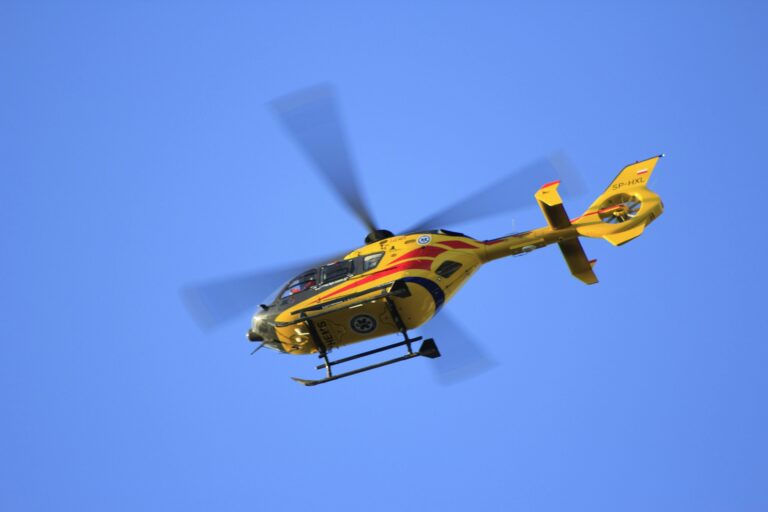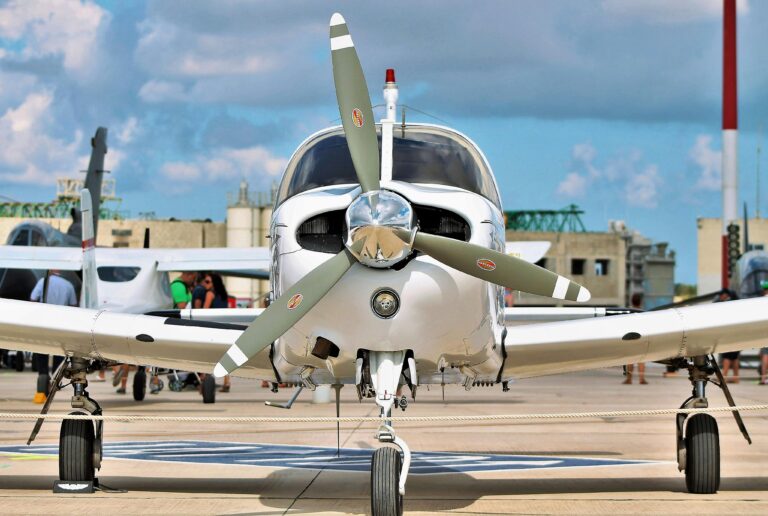How to Become a Test Pilot: Skills, Training, and Career Path
Pilots who test production aircraft ensure that every airplane meets rigorous safety, performance, and reliability standards before reaching customers. Unlike experimental test pilots, who assess prototypes and new designs, production test pilots focus on verifying that aircraft from an assembly line adhere to the specifications and regulations required by aviation authorities. This guide explains the essential skills, training, and career path needed to become a production test pilot.
What Is a Test Pilot?
A production test pilot is an aviation professional tasked with evaluating new aircraft that come off the production line. These flights are part of the final quality assurance process for manufacturers, ensuring that each airplane is ready for delivery to airlines, private owners, or military operators.
Key responsibilities include:
- Conducting standardized test flights to verify engine performance, control systems, avionics, and structural integrity.
- Identifying and documenting any deviations from expected performance or handling.
- Collaborating with quality assurance teams to address issues discovered during test flights.
You will be interested: What Does It Take to Become an Experimental Test Pilot?
Key Skills for Production Test Pilots
Becoming a production test pilot requires a combination of technical expertise and soft skills. The most important include:
- In-Depth Aircraft Knowledge:
Production test pilots must thoroughly understand the aircraft they’re testing, including its systems, performance parameters, and operational limits. - Attention to Detail:
Detecting minor deviations in performance or systems operation is crucial for ensuring the safety and reliability of the aircraft. - Clear Communication:
Pilots work closely with engineers and production teams to report issues, provide detailed feedback, and suggest corrective actions. - Consistency in Testing:
Following standardized procedures is critical to ensure every aircraft is evaluated under the same conditions. - Problem-Solving Skills:
When anomalies occur during a test flight, production test pilots must diagnose the issue and provide actionable insights.
How to Become a Test Pilot
The path to becoming a production test pilot involves rigorous training and a deep understanding of aircraft systems. Here’s how you can start:
1. Earn Your Pilot’s License
Aspiring test pilots need to begin with a private pilot’s license (PPL) and then progress to a commercial pilot’s license (CPL). Accumulating flight hours in diverse aircraft types is essential to gain the experience needed for test flights. Most production test pilot roles require a minimum of 1,500 flight hours
2. Gain Industry Experience
Many production test pilots start their careers as airline pilots, cargo pilots, or instructors. Logging extensive flight hours in various conditions helps develop the skills needed to handle the demands of production testing.
3. Obtain Specialized Training
While production test pilots may not need to attend experimental test pilot schools, they still benefit from training in:
- Flight test techniques
- Aircraft systems evaluation
- Safety procedures for identifying and addressing in-flight issues
Organizations like the National Test Pilot School (NTPS) and manufacturer-specific programs offer relevant courses for production test pilots.
4. Work for Aircraft Manufacturers
The majority of production test pilots are employed by aircraft manufacturers, such as Boeing, Airbus, or Embraer. These companies look for pilots with significant flight experience and familiarity with their aircraft models.

Test Pilot vs. Experimental Test Pilot
Although both roles involve evaluating aircraft, there are significant differences between production and experimental test pilots:
| Aspect | Test Pilot | Experimental Test Pilot |
|---|---|---|
| Focus | Ensuring production aircraft meet quality standards | Testing prototype aircraft and new designs |
| Flight Conditions | Standardized, within certified performance limits | High-risk, exploring operational boundaries |
| Employer | Aircraft manufacturers | Manufacturers, military, and research organizations |
| Required Training | Emphasis on standardized flight testing | Advanced experimental test pilot school |
Challenges of Being a Production Test Pilot
Production test pilots face unique challenges, including:
- Identifying Subtle Issues:
These pilots often work with aircraft that should already meet exacting standards, meaning problems can be subtle or intermittent. - Pressure to Meet Delivery Schedules:
Aircraft manufacturers operate on tight timelines, so production test pilots must balance thorough evaluations with efficiency. - Collaborating Across Teams:
Pilots work closely with engineers, assembly teams, and quality control personnel to address any discrepancies promptly.
Career Opportunities and Salary
The demand for production test pilots is closely tied to the aviation manufacturing industry. With aircraft production expected to grow in the coming years, particularly for fuel-efficient and sustainable models, opportunities in this field are promising.
Salary Expectations
According to industry data, production test pilots typically earn between $90,000 and $150,000 annually, depending on the employer, region, and level of experience. Some manufacturers may offer additional benefits, including relocation packages and professional development opportunities.
Steps to Succeed as a Production Test Pilot
- Master Standardized Testing Procedures:
Understanding and adhering to specific testing protocols ensures consistent and accurate evaluations. - Stay Updated on Aircraft Technology:
Familiarity with modern avionics, engines, and systems is critical as aircraft technology evolves. - Build a Diverse Flight Experience:
Pilots with experience in various aircraft types are better prepared to adapt to the demands of production test flights. - Develop Strong Reporting Skills:
Clear and detailed communication with engineering and production teams is key to resolving issues efficiently.
You will like: Top 10 Must-See Kit Planes for Builders and Flyers
Conclusion
Becoming a production test pilot is a rewarding career for experienced aviators who are detail-oriented and passionate about aviation safety. By following a structured career path and acquiring the necessary skills and experience, you can play a vital role in delivering safe and reliable aircraft to the skies. Whether you dream of working with a leading manufacturer or contributing to the next generation of aviation technology, this career offers both challenges and immense satisfaction.






